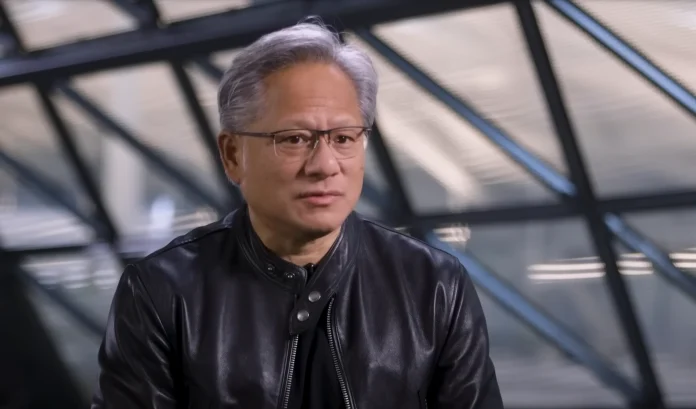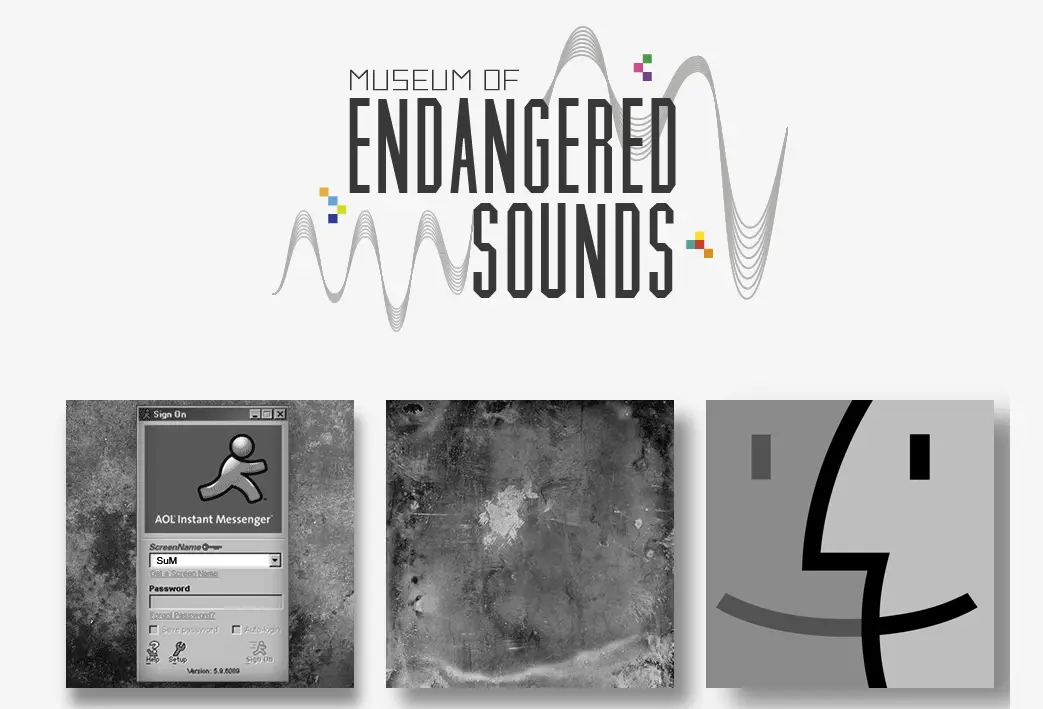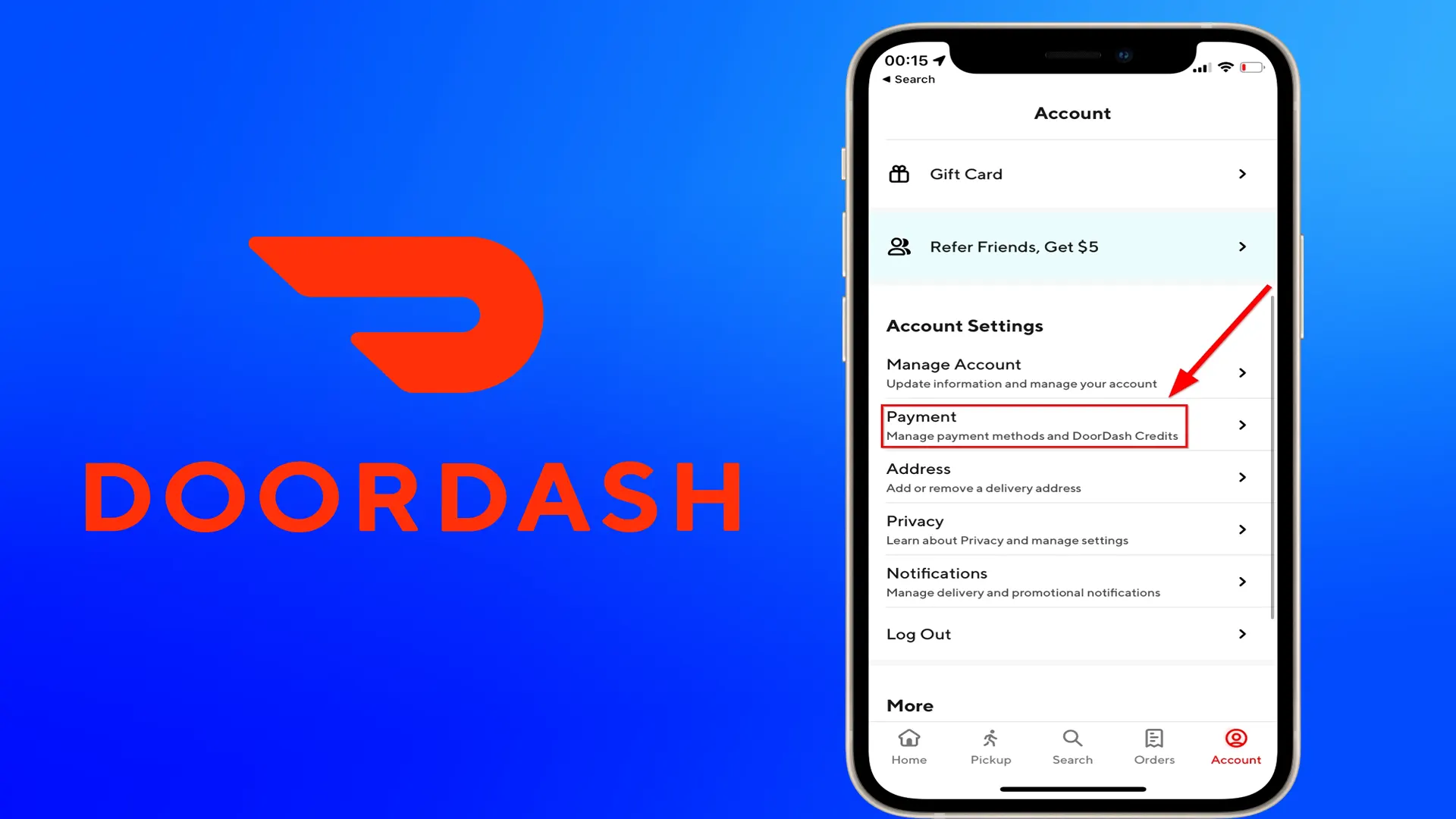Programmers are overrated. That’s precisely what NVidia CEO Jensen Huang said in a recent speech. He says, “Now anyone can become a programmer; all you have to do is just tell a computer.” Speaking at a forum in Taipei, he said, “The programming barrier is shallow. We have closed the digital divide.”
This statement concerns how AI will change the labor market and affect how people work and choose their professions. This is a significant change, and AI will change our world and how humans work. But there is no consensus on exactly how this will happen yet. Some people and experts are adopting neo-Luddism principles, saying that “AI will come to do your job,” and chatbots and other AI-powered tools will replace you. And it isn’t very comforting for people facing the possibility of being left out. Many people want to turn back the clock to stop progress and go back to when AI was just a project, not a fact already impacting lives.
The new trend now is to predict which jobs will disappear and which will undergo significant changes. The CEO of Nvidia says: “For the last 10-15 years, everyone who has sat on this stage, like me, has been saying how vital it is to teach children how to program. And everyone should be able to program. But in reality, it’s exactly the opposite. Our robot is to create such technology that no one needs to learn how to program and that programming languages become just ordinary human speech. Everyone in the world today is a programmer, and this is the miracle of artificial intelligence.”
The Shift
Hearing such a statement makes one want to snicker at first. Skeptically, preferably. It’s simple, and CEO’s words don’t need to be overemphasized. Usually, at such forums, they say provocative things that will make headlines and “make waves” in the media. Others say it’s “giddy with success.” Nvidia has become the world’s most capitalized company amid the AI boom. And the company is leading that boom, capitalizing on it the most.
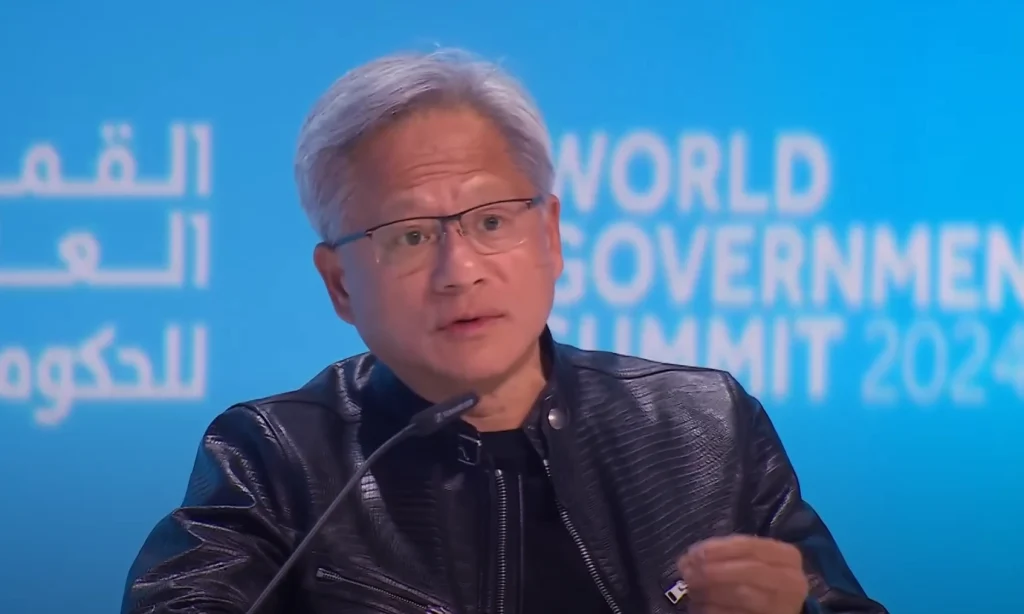
So what is it? A vision or an attempt to solidify the company’s position with a “verbal intervention” by providing the market with more ideas about why the AI boom is essential and why it’s the future that’s coming.
When parsed out, his words are not without meaning. Indeed, you can already ask ChatGPT to help you write code. And you can do it in words; you don’t need to know anything about programming; you need to describe what you want to get. ChatGPT, GitHub Copilot, and more specific models like Cody by Sourcegraph, Amazon CodeWhisperer, or Replit GhostWriter offer such possibilities.
These models will help you code even if you have little or no specific knowledge. All you have to do is enter a prompt and get a code that you can use
All this fuels ideas that programming and programmers as a job will become a thing of the past, drowning in progress that will change how people relate to code. This widespread vision was discussed long before the AI boom began in 2023. In 2021, The Economist wrote an article on the future of programming in which they spoke to the creators of Tabnine and Source.ai, tools for programming based on GPT models. Back then, two years after the AI boom, these concerns (or hopes, depending on how you look at it) were expressed and were here.
The idea is simple enough: a programmer is a tool. When we talk about an “average” programmer. It is just a tool whose job is to get a task, usually expressed in words. Then. the programmer performs this task by offering variants of solving this task. This is the same thing a language model can do: receive a prompt and execute it by predicting lines of code.
AI programming now works the same way as text generation. Language models are trained on a large data set and an array of code. Then, they can predict and thus create new code.
But it’s essential to understand the extent to which AI can replace programmers. Can I use AI to create code now or shortly? Yes, I can because I know how to program. AI can be an assistant to speed up my activities; I don’t have to write all the code manually. I can ask it to draft the code for me and then edit it.
But how much do programmers need such a tool? How much can it simplify their life? Of course, it can, and programming will become easier. But when we talk about zero/low/less code and “just write and get an answer,” it doesn’t work that way. Yes, you can ask an AI to write something for you. But without specialized knowledge, you won’t be able to apply the resulting code. We ran into this at Splaitor when our employees who don’t know how to code tried to use AI tools to create calculators and scripts. Valeriy Artamonov says: “Of course, you can get some code generation. But how can you apply it without specialized knowledge? It’s very similar to using AI to generate text. Sometimes the generated code doesn’t work, and sometimes you can’t apply it.”
The Change
The problem with creating code with AI is that it’s tough to create complex models without programming knowledge. Yes, AI can generate some code. But this code needs to be turned into a system, which often consists of tens and hundreds of thousands of lines of code. And it all has to work together. Kite, a startup founded in 2014, aimed to develop AI models that could help programmers. Their goal was not to replace programmers but to create an AI model that would help them by reducing the number of keystrokes and making programming more accessible.
They said that the number of keystrokes is almost halved in some cases. In 2022, Kite went out of business, and Adam Smith, founder of Kite, admitted, “Our product failed to generate revenue. Our 500k developers would not pay to use it.” The problem is that developers are unwilling to pay for time savings, even if those savings are substantial.
But Kite wasn’t the only one going down this path; dozens of other startups are pursuing the same goal: “Apply AI to Programming.”
But can these startups change what the labor market looks like? After all, it is not just about changing the programming approach. No, Nvidia’s CEO explicitly says that “programmers are not needed”. Maybe he says it in other words, but that’s what he means. And this creates additional fears. And they have no basis.
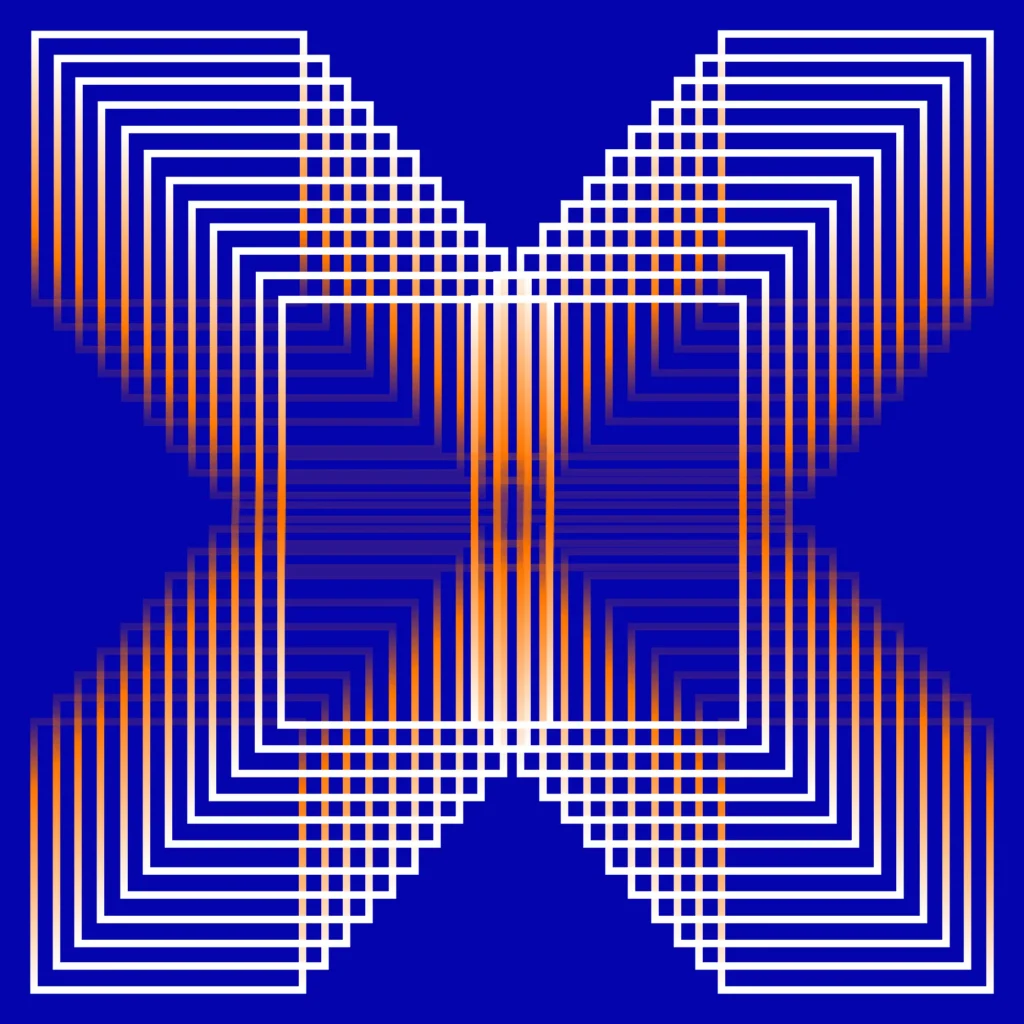
I’ve seen a lot of comparisons lately. For example, one of my favorite, completely false comparisons is the comparison to cars. In the early days of cars, every car owner was a mechanic. You know, those fathers who gave cars to their kids to dig under the hood and fix the car so it could drive.
As cars have evolved, you no longer need to be a mechanic to drive a car. You buy it and drive it, and cars have become so complex that even if you want to, you can’t get “under the hood” and fix it.
The problem is that this comparison is false. It just doesn’t fit.
A much more apt comparison would be to another industry: accounting. It would seem that anyone could become an accountant with Excel because it made dynamic calculations much more accessible. Are there fewer accountants? No, on the contrary, their number continues to grow. Excel has significantly changed the approach to accounting and auditing, but it has not replaced the profession. It has simply changed and found a new form and application.
A similar view of AI and programming is not only appropriate but preferable. Yes, people, especially CEOs, like to say many pretty words. And they are often correct.
But what they voice is often misunderstood. Because we hardly ever wake up to a new world where technology has changed everything. The world is changing so gradually that we don’t notice any changes taking effect. And there is every reason to believe that AI will change programming in precisely this way. As Daniil Lieberman said, “AI strengthens creators and talented professionals by offering them more opportunities to realize their ideas.”
The Future
It seems that, for now, AI won’t replace programmers. And no, you can’t just use words to create code. Although this approach seems like a logical development for the future, new programming languages have gradually emerged. Their goal was to make programming more manageable than before. New languages were more accessible, simpler, and more efficient. This is the logic of how programming has evolved throughout history.
An older programming language, such as Assembler, is low-level and directly maps commands that a computer’s processor can understand. Writing programs in Assembler requires knowledge of the specific architecture of the processor as well as many low-level instructions, making it difficult to use and maintain. In Assembler, each instruction is directly linked to physical machine instructions, making the code difficult to read and maintain.
An example of a new programming language is Python. Python is a high-level programming language designed to simplify development and make code more readable. It offers a more abstract and user-friendly syntax, making it more accessible to beginners and simplifying the development process. Python also offers a rich set of standard libraries, allowing you to quickly create functional programs without writing a large amount of code from scratch.

So yes, we can envision a future where you can convert words into code using AI. And that future will be brighter and more convenient for programmers. But that doesn’t mean that programming will disappear. Daniel Schruhl writes: “If you are considering using an AI coding assistant in your next interview, consider it to write faster than to solve the challenge for you.”
This approach can be considered the most probable for programming. AI, in this matter, will be an assistant that will help programmers perform tasks and realize their vision, reducing the amount of time needed to write code.
Alexander Daniels, a software architect with 15 years of experience, says he doesn’t expect AI to replace even entry-level programmers. He says, “It’s certainly innovative, and it will change how we write code. But I don’t expect a coup or programmers to become unnecessary. Rather, we’ll get rid of the routine.”
Joanne Chen, General Partner at Foundation Capital, confirms this, saying that “there will be a paradigm shift from machines helping people to people helping machines.”
But is it worth being afraid of? I don’t think so. It’s more of a joy than a cause for concern. Programmers can concentrate on other tasks, and writing and checking code will become much faster and easier.
Code inspection is one area where AI will significantly simplify programmers’ tasks, as it will be able to perform code inspection tasks for vulnerabilities, bugs, and “spam” when code has a lot of unnecessary things in it.
If you’ve used Grammarly, you know what I mean. This startup helps you correct mistakes in your text and make it more readable. At the same time, it does not write the text for you. And that’s a noticeable improvement. And there will be more of these improvements as AI enters other industries, including programming.
But no, programmers are not overrated. And they’re not going anywhere.


